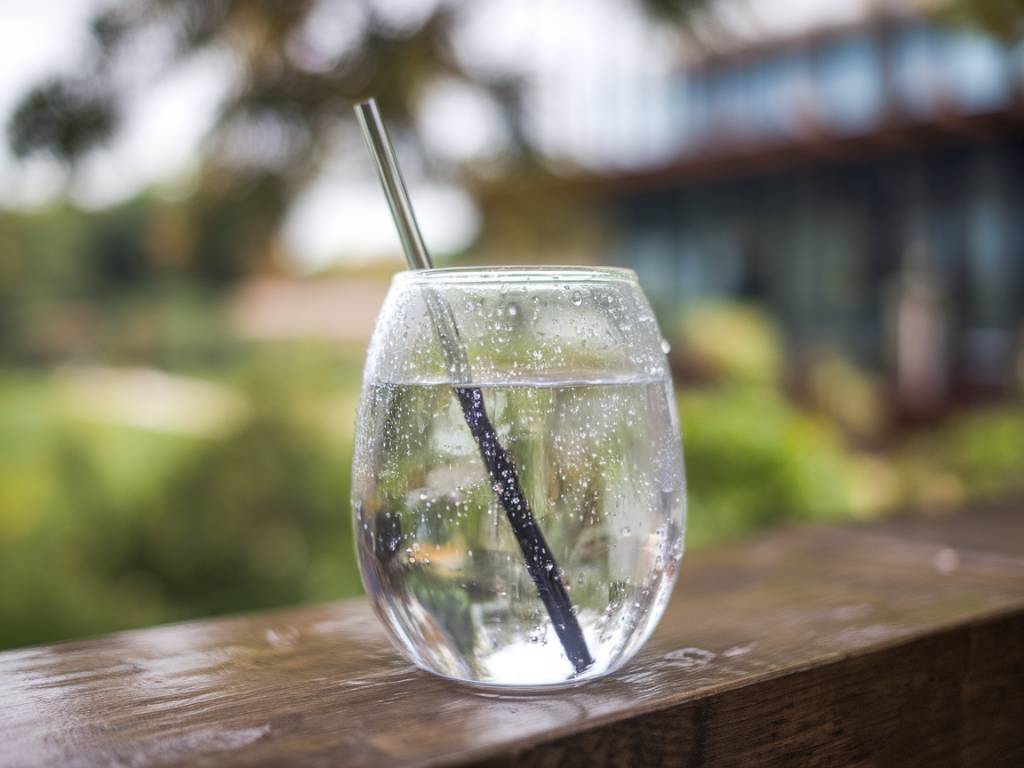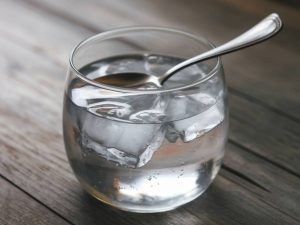The science of hydration: why it matters more than you think

The science of hydration: why it matters more than you think
The Importance of Staying Hydrated
We’ve all been told to « drink more water, » but have you ever stopped to wonder why? Hydration does more than just quench your thirst—it’s a fundamental cornerstone of our health. Your body is made up of about 60% water, and every single cell relies on it to function properly. From regulating body temperature to aiding digestion and even cushioning your joints, water plays a vital role in keeping you alive and thriving.
Think of your body as a high-performance machine, like a luxury car. Would you drive a Ferrari without proper oil? Of course not! The same applies to hydration—it’s the fuel your body desperately needs to run smoothly. Yet, so many of us take it for granted. Let’s dive into the fascinating science of hydration and why it’s even more important than you might think.
What Happens to Your Body When You’re Dehydrated?
Dehydration occurs when your body loses more fluids than it takes in. And spoiler alert: it doesn’t take much to fall into that danger zone. Losing just 1-2% of your body’s water content can begin to impair your physical and mental performance.
Here are some of the common signs of dehydration:
- Fatigue and low energy levels
- Headaches and dizziness
- Dry skin and chapped lips
- Muscle cramps
- Dark yellow urine
If left unchecked, severe dehydration can lead to serious complications, such as kidney damage, heatstroke, or even fainting. But here’s the kicker: many of us walk around mildly dehydrated every day without even realizing it.
The Link Between Hydration and Cognitive Function
Feel foggy-headed or forgetful lately? The culprit might be dehydration. Studies show that even mild dehydration can impact your brain’s ability to concentrate, process information, and retain memories. This is because water helps maintain the balance of electrolytes in your brain, which are essential for nerve signaling and mental clarity.
Imagine trying to use your phone with a low battery—it’s sluggish, out of sync, and unresponsive. That’s essentially your brain on dehydration. So, the next time you’re tackling a big project at work or studying for an exam, think of water as your secret weapon for success.
Hydration and Physical Performance: A Dream Team
If you’re a fitness enthusiast or even just someone who enjoys occasional walks, hydration can make or break your performance. Water helps transport nutrients to your muscles, regulates body temperature, and keeps your joints lubricated. Without enough water, you may experience early fatigue, reduced endurance, and even cramping.
Ever suffered a cramp mid-run or mid-game? That stabbing pain often comes from dehydration or an imbalance in electrolytes. Trust us—the solution isn’t just « toughing it out. » Keeping a water bottle handy during workouts is a simple yet effective way to prevent these issues.
How Much Water Do You Really Need?
You’ve likely heard the « 8×8 rule » suggesting you drink eight 8-ounce glasses of water a day. While this is a good starting point, hydration isn’t a one-size-fits-all equation. Factors like your activity level, climate, and even your diet can influence your water needs.
Here’s a helpful breakdown:
- If you exercise regularly or sweat a lot, aim for an extra 1-2 liters of water daily.
- Living in a hot or humid area? Your body loses more fluids through sweat, so up your intake.
- High-water-content foods, like cucumbers, watermelon, and oranges, can supplement your hydration efforts.
And remember: thirst is not always the best indicator of dehydration. By the time you feel thirsty, your body’s already running low on fluids. Be proactive about sipping water throughout the day.
Common Myths About Hydration Debunked
Have you heard any of these popular hydration myths? Let’s set the record straight.
- You can only hydrate with water: While water is king, beverages like herbal teas, milk, and even coffee can contribute to your hydration. Just watch out for alcohol and sugary sodas—they tend to dehydrate you.
- Clear urine means you’re perfectly hydrated: While clear urine can be a sign of good hydration, very clear urine can sometimes indicate overhydration, which can flush important electrolytes out of your body.
- Drinking during meals affects digestion: This is a myth! Sipping water during meals helps with digestion by breaking down food and aiding nutrient absorption.
Simple Tips for Staying Hydrated
The good news? Staying hydrated doesn’t have to be complicated. Here are some practical tips to make hydration a daily habit:
- Carry a reusable water bottle everywhere you go. Seeing it will remind you to drink!
- Set reminders on your phone to take a sip once every hour.
- Infuse your water with fruits like lemon, berries, or mint if plain water isn’t your thing.
- Start your day with a big glass of water—it kickstarts your metabolism and wakes up your body.
- Pay attention to your body’s cues, such as dry mouth or fatigue.
Hydration can be as simple as building these small habits into your routine.
The Hidden Benefits of Staying Hydrated
Beyond the obvious, staying hydrated comes with some surprising perks:
- Better skin health: Hydration improves skin elasticity, reducing the appearance of fine lines and giving you that coveted « glow. »
- Improved digestion: Water helps your body break down food more effectively and prevents issues like constipation.
- Mood booster: Studies suggest that adequate hydration plays a role in reducing feelings of fatigue and irritability.
It’s amazing how something as simple as water can have such a profound impact on virtually every aspect of your well-being.
Making Hydration a Lifelong Habit
Staying hydrated is one of the easiest—and most effective—ways to improve your overall health. Yet, it’s often overlooked in favor of trendy diets or fitness programs. But here’s the thing: no green smoothie or protein shake can replace the foundational role of water in your body.
So, let this be your reminder to drink up and give your body the attention it deserves. Because when you prioritize hydration, you’re not just surviving—you’re thriving.




